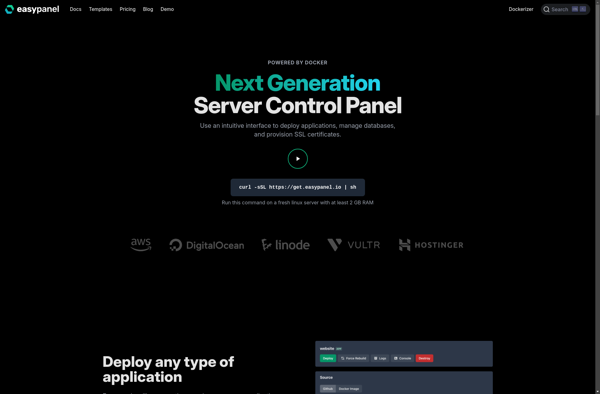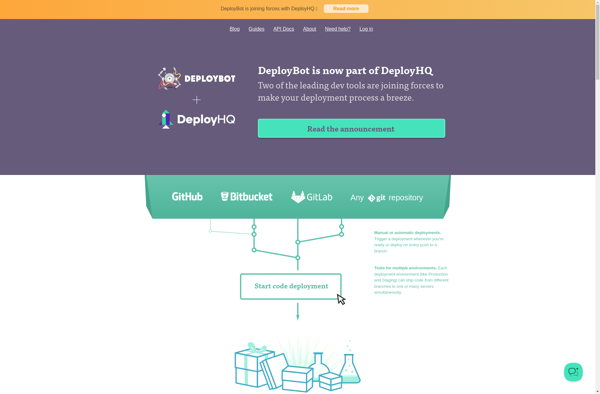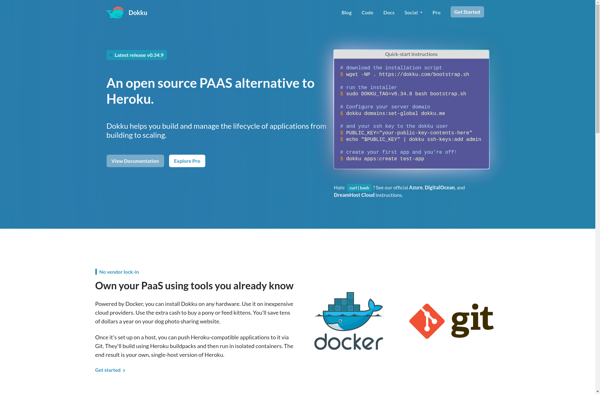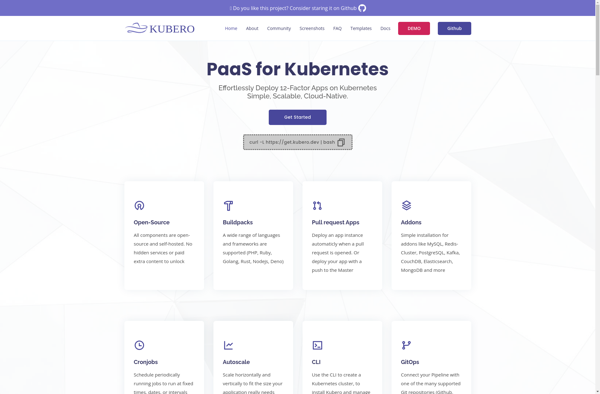HatchBox

HatchBox: Filament for 3D Printing
Discover HatchBox, a reliable 3D printing filament brand offering consistent quality and affordability.
What is HatchBox?
HatchBox is one of the most widely used and affordable filament brands in desktop 3D printing. Founded in 2014 in California, HatchBox aims to make high-quality 3D printing accessible to makers and hobbyists.
They offer a wide variety filaments, including popular materials like PLA, ABS, PETG, and specialty filaments like wood and copper infused. Their spools come in various sizes, from 0.5 kg to 3 kg.
HatchBox filaments stand out for their consistent quality and reliability. They maintain tight tolerances on their diameter and ovality, ensuring excellent print quality and reducing jams. The colors are vibrant and material properties like adhesion, strength, and flexibility meet expectations.
Given the quality, HatchBox filaments are very competitively priced. Their no-frills packaging and lean operations allow them to offer value. Due to popularity, HatchBox filaments are widely available globally from online and local retailers.
With a good balance of quality, reliability, and affordability, HatchBox presents a great option for casual and advanced makers alike looking for an easy-to-use filament that simply works.
HatchBox Features
Features
- Variety of filament materials including PLA, ABS, PETG, wood, metal composites, etc.
- Good print quality and consistency
- Affordable pricing
- Wide range of colors available
- Spools are vacuum sealed and dried before packaging
Pricing
- One-time Purchase
Pros
Cons
Official Links
Reviews & Ratings
Login to ReviewThe Best HatchBox Alternatives
Top Home & Family and 3D Printing and other similar apps like HatchBox
Here are some alternatives to HatchBox:
Suggest an alternative ❐Microsoft Azure

OpenShift

Heroku

Easypanel

Google App Engine

DeployBot

Qovery

Dokku

Kubero

Cloud 66
